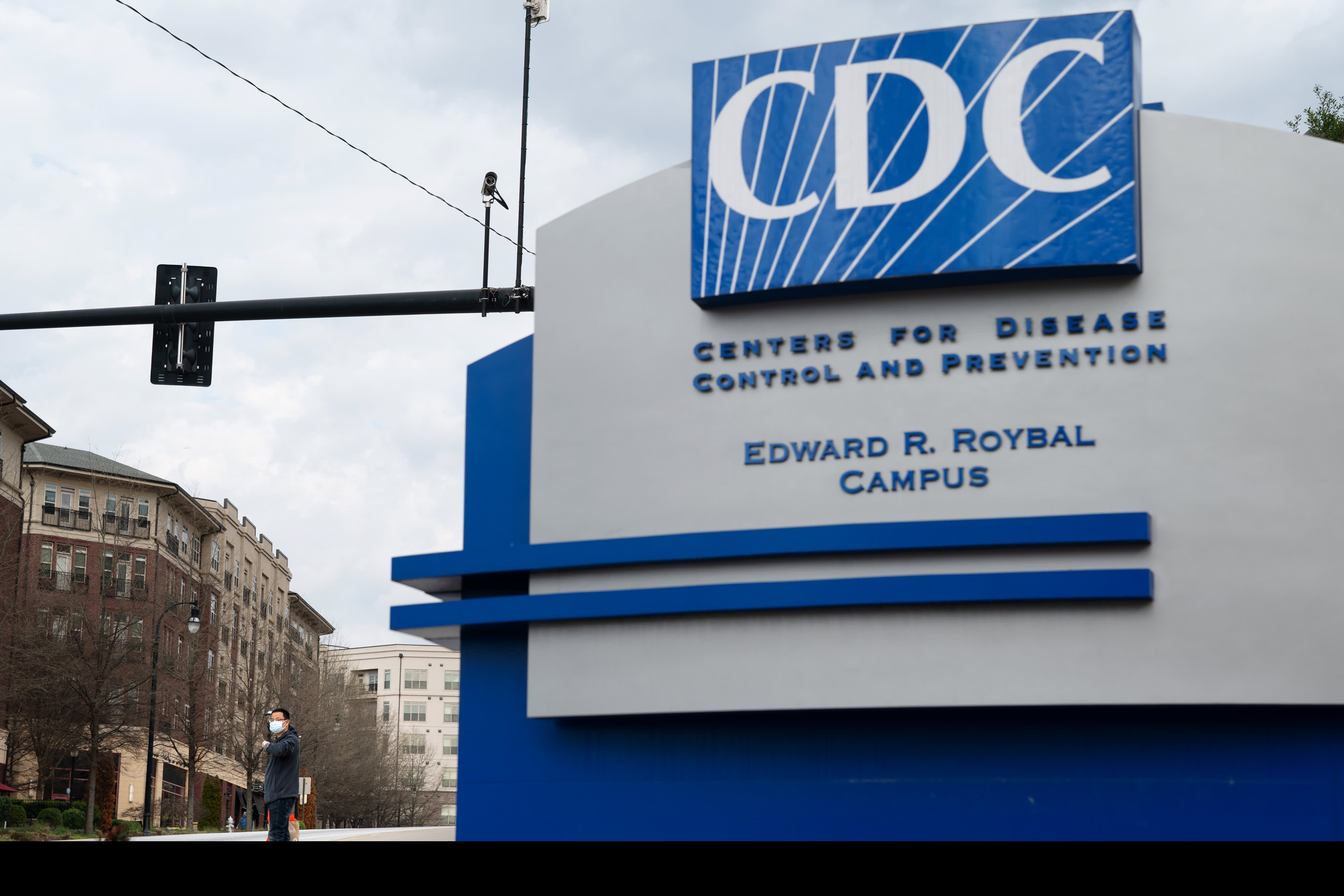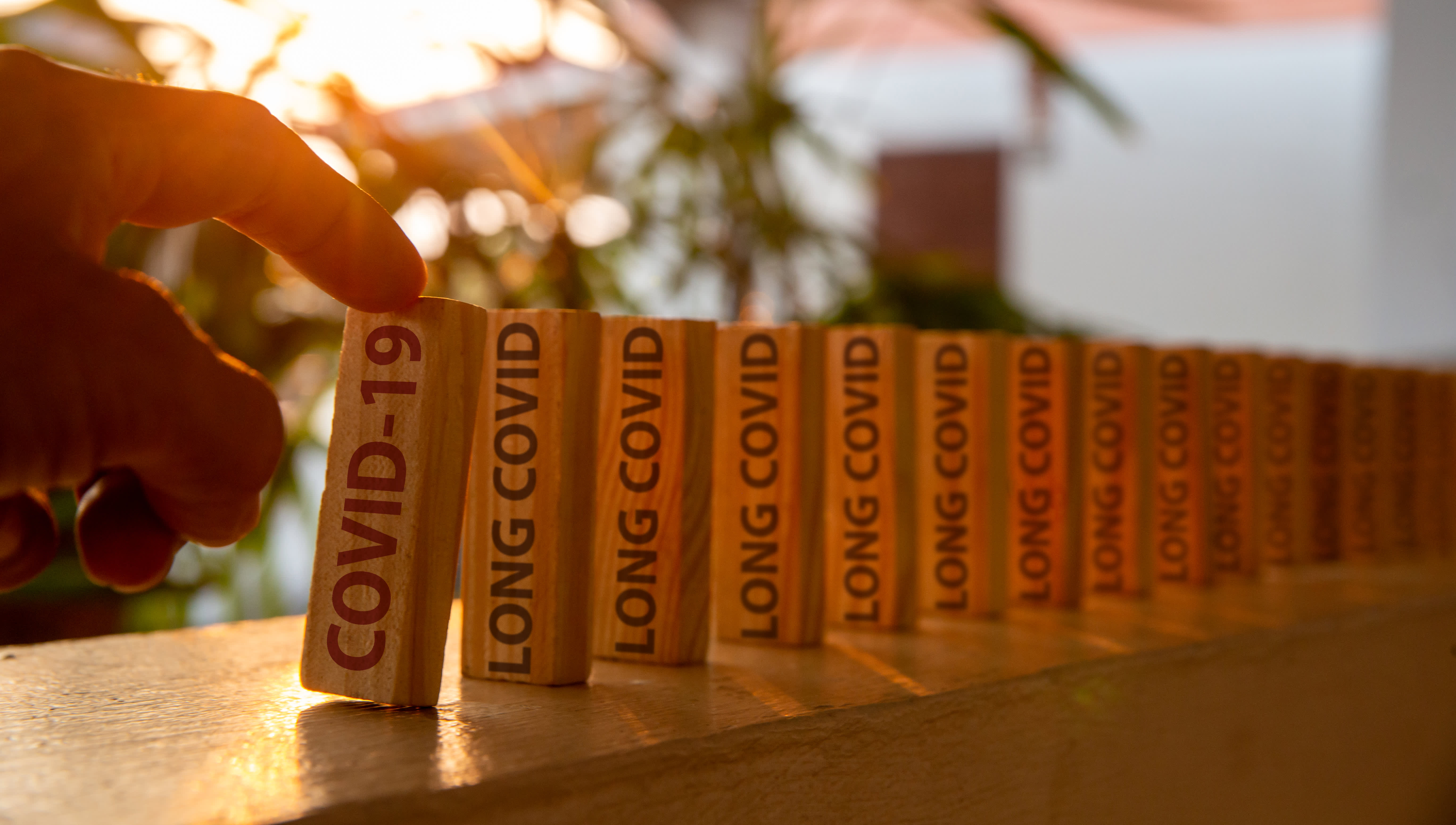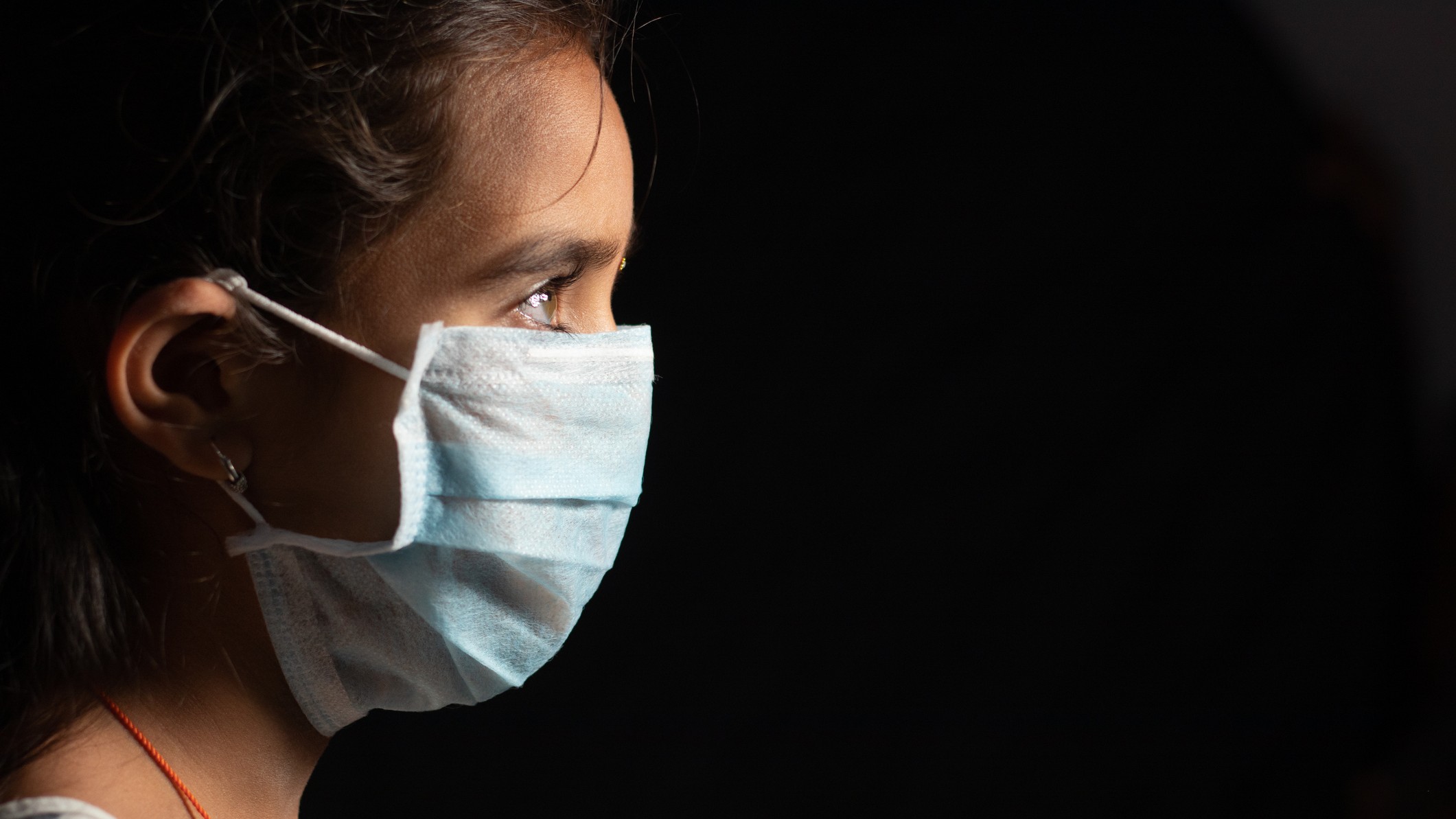Researchers are trying to unlock the mystery of COVID-19 to better understand what causes one person to get sick while others dodge the virus — even within the same family.
Doctors at Children’s National Hospital are enrolling children and young adults in a five-year study to examine the long-term effects of COVID and Multisystem Inflammatory Syndrome in Children (MIS-C), including their mental and social impacts.
Ten-year-old Akshay Varma and Amrit Varma, of Northern Virginia, are twins, but they had strikingly different experiences with COVID. Akshay caught the virus in December and had to quarantine in the basement away from the rest of his family of five, who didn't get the virus then. To date, his twin has never contracted COVID.
“I had very deep coughs. I had headaches, dizziness, tiredness and fevers,” Akshay said.
We've got the news you need to know to start your day. Sign up for the First & 4Most morning newsletter — delivered to your inbox daily. >Sign up here.
He wrote a book about his experience and spent Christmas masked up to keep everyone around him safe.
Even now, several months later, his mother said he’s not completely back to normal.
“He was sicker than I've ever seen him,” Monika Varma said. “The long COVID was pretty intense for six months. We're just turning the corner.”
Akshay has a phenomenon known as long COVID, a series of lingering symptoms that persist long after a COVID infection clears. He had several headaches a day, couldn’t do much screen time and couldn’t exercise, his mom said.
Across the U.S., 5 to 10% of children who contracted the virus have long COVID, but the reason why remains unclear.
Researchers at Children’s National Hospital are hoping to get some answers and are enrolling up to 1,000 kids and young adults to examine the long-term effects of the coronavirus and MIS-C.
“After we enroll these children, it’s following them about every six months for a three-year period. And we're doing a lot of testing of their heart function, their lung function, their mental health and their quality of life, and then also drawing blood on them to look at a variety of markers of general organ function,” said Dr. Roberta DeBiasi, the lead researcher.
DeBiasi said they’re also enrolling healthy cohorts and family members to examine the role genetics may play in all of this. That’s why Akshay’s twin brother is taking part in the study too.
“They took pictures of my heart. They checked how fast I could walk. They did a blood test,” Amrit said. “Because the doctors want to know the difference between a family member who has gotten COVID and a family member who hasn't gotten COVID.”
Doctors hope their findings will unravel the mystery of COVID, lead to a better understanding of why some people get sick and help identify risk factors.
“We have children that were previously completely well, athletic adolescents who are completely incapacitated, just as you hear in adults,” DeBiasi said.
Akshay said he wants to help others.
“I didn't have many of the answers when I had COVID, so I want other people to have more answers when they get COVID so they can feel better faster,” he said.
Go here to learn more about the Children’s National Hospital study.




